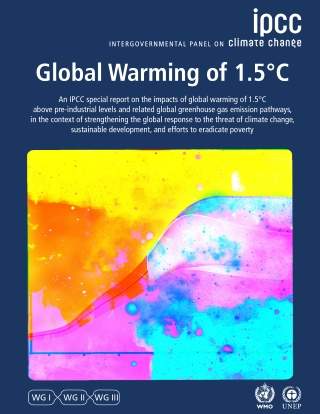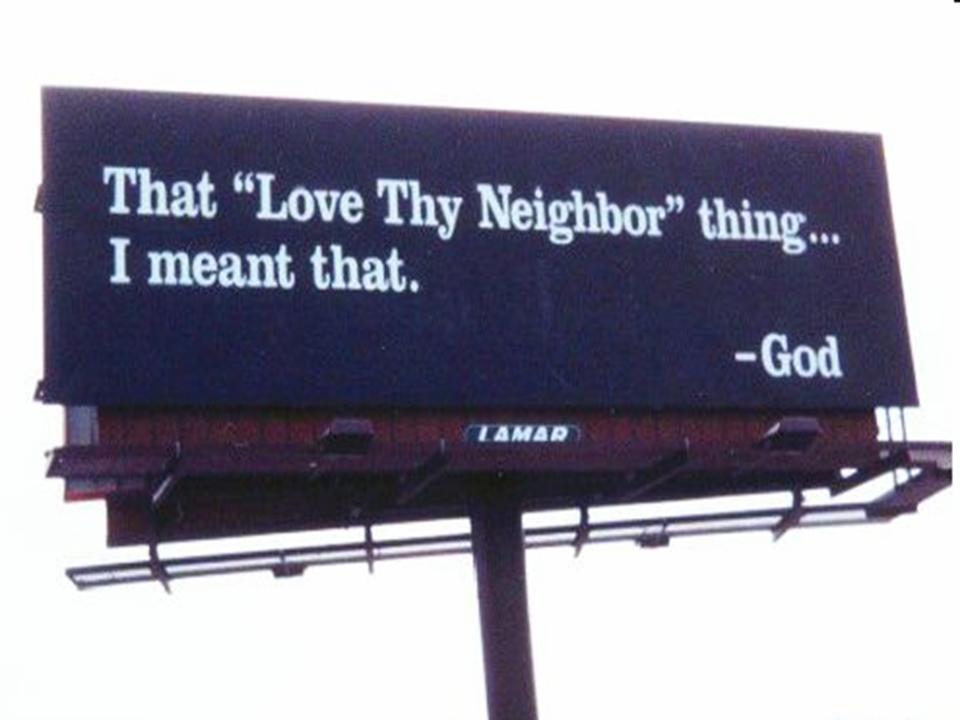Established by the World Meteorological Society and the United Nations Environment Programme in 1988, the IPCC’s mandate is “to provide the world with a clear scientific view on the current state of knowledge in climate change and its potential environmental and socio-economic impacts.” It is the most comprehensive and detailed analysis of the effects of climate change available. The most recent report issued in October of 2018 has 91 authors from 40 countries, 133 contributing authors, over 6,000 cited references and a total of 42,000 expert and government review comments.
According to the report governments around the world must take “rapid, far-reaching and unprecedented changes in all aspects of society” in order to avoid catastrophic levels of global warming. The report goes on to say that “the planet will reach the crucial threshold of 1.5 degrees Celsius (2.7 degrees Fahrenheit) above pre-industrial levels as early as 2030, precipitating the risk of extreme droughts, wildfires, floods, and food shortages for hundreds of millions of people” Scientists arrived at the year 2030 based on current levels of greenhouse gas emissions. They noted that failure to act will significantly alter life for many people alive today.
According to Andrew King, a climate scientist at the University of Melbourne in Australia, “This is concerning because we know there are so many more problems if we exceed 1.5 degrees C global warming, including more heatwaves and hot summers, greater sea level rise, and, for many parts of the world, worse droughts and rainfall extremes…The window on keeping global warming below 1.5 degrees C is closing rapidly and the current emissions pledges made by signatories to the Paris Agreement do not add up to us achieving that goal.”
Recall that the Paris Agreement signed in 2016 was a voluntary commitment by leaders throughout the world:
- To peak greenhouse gas emissions as soon as possible and achieve a balance between sources and sinks of greenhouse gases in the second half of the century;
- To keep global temperature increase “well below” 2 degrees C (3.6 F) and to pursue efforts to limit it to 1.5 C.
- To review progress every five years; and
- To provide $100 billion a year in climate finance for developing countries by 2020, with a commitment to further finance in the future.
(Former President Obama did sign this agreement, but President Trump has since withdrawn United States’ support for it.)
The new IPPC report finds that “limiting global warming to 1.5 degrees C would require “rapid and far-reaching transitions in land, energy, industry, buildings, transport, and cities. Global net human-caused emissions of carbon dioxide (CO2) would need to fall by about 45 percent from 2010 levels by 2030, reaching ‘net zero’ around 2050. According to Jim Skea, Co-Chair of IPCC Working Group III, “Limiting warming to 1.5 degrees C is possible within the laws of chemistry and physics, but doing so would require unprecedented changes.”
The science is clear. 97% of the world’s top scientists agree that climate change is happening and that it is primarily human-induced. Former Vice President Al Gore said, “Today the world’s leading scientific experts collectively reinforced what Mother Nature has made clear – that we need to undergo an urgent and rapid transformation to a global clean energy economy…Unfortunately, the Trump administration has become a rogue outlier in its shortsighted attempt to prop up the dirty fossil fuel industries of the past. The administration is in direct conflict with American businesses, states, cities, and citizens leading the transformation.”
One of the leaders in this transformation is the City of Cincinnati which recently received a 2.5 million dollar award from Bloomberg Philanthropies as “a winning city because of their innovative and ambitious climate action plans to reduce air pollution and citywide emissions with specific projects aimed at reforming their respective transit and buildings sectors.” Bloomberg Philanthropies also recognized Cincinnati Mayor John Cranley for his commitment to “ambitious climate action and securing a cleaner, safer, and healthier environment and economy for Cincinnati residents, businesses and visitors”.
It is now in the hands of the people in each city and country to make sure that their governments incorporate the findings of the IPCC in all decisions (building, transportation, energy, etc.) in order to ensure a sustainable world, not only for those alive today, but for all future generations to come. The ancestors of the Iroquois wisely noted that the decisions we make today should result in a sustainable world for seven generations to come.
What can one person do?
- Write a letter to the editor expressing your concerns about the environment.
- Contact local, state and national government officials to ask what they are doing as a response to the IPCC Report?
- Evaluate your own lifestyle and what you can do personally to live a more sustainable life. Think about:
- Eating choices
- Alternative fuels
- Changing light bulbs
- Composting
- Planting a garden in the spring
- Joining an environmental group
- etc., etc., etc.
For more information and/or to read the report go to www.ipcc.ch


